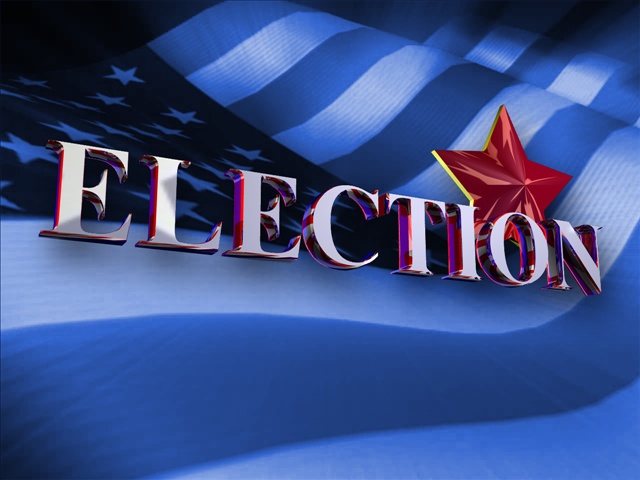Voters across the Rio Grande Valley will head to the polls tomorrow to cast ballots in various municipal and school board elections.
We hope turnout is stronger than it normally is for these kinds of elections.
People who took advantage of the early voting period are to be commended, and those who can vote but haven’t are encouraged to make a quick trip to their polling sites and cast their ballots.
Lines aren’t expected to be long, so it should be a quick trip.
Traditionally, the presidential election brings out the most voters, and even then scarcely more than half of those eligible to vote actually do so.
Voter turnout decreases as elections grow more local — to the point that some races are sometimes decided by roughly 10 percent of those who could vote.
Some election turnouts have been in the single digits — that’s less than 10 percent of registered voters, meaning that the percentage of the overall population is even smaller.
It shouldn’t be that way. Local officials can have a greater direct impact on our daily lives than federal officials do.
While Congress and state legislatures enact major laws, many of the basic bread-and-butter issues are decided in our city halls and school board chambers.
City councils and commissions decide whether or not to put traffic lights at hazardous intersections.
They determine speed limits and place humps and other obstacles on the roadways.
They decide if and where cyclists and pedestrians will have their own lanes, and make zoning decisions that allow business and economic growth in some areas, while preserving tranquility in others.
They decide which potholes will be filled and which won’t.
They also make decisions that affect an area’s future growth and economic success, such as promoting their cities and negotiating possible tax abatements and other incentives to attract business investment.
School boards hire administrators that could make the quality of our children’s education better or worse.
They can decide whether students will have access to music, arts and other electives, and whether resources will be used for academic, sports or other uses.
And they all set property tax rates that affect taxpayers’ budgets. And then decide how they are going to use our money.
In the Valley, officials also must deal with issues that don’t arise in other parts of the country, such as developing special corridors and trade zones to deal with the billions of dollars in goods that pass through our border communities.
Currently, they must address the thousands of foreign asylum seekers who come to our cities, weighing the humanitarian need with local taxpayers’ preferences for how their money should be spent.
And because fewer people actually vote in these kinds of elections, the ballots cast by those who do carry greater weight.
That’s also why it’s especially important for voters to learn what they can about the candidates and cast informed votes.
The right to vote gives eligible citizens the ability to determine the fate of their communities on many levels.
It should, therefore, not be taken lightly — even, or perhaps especially, at the local level.
The Valley Morning Star




